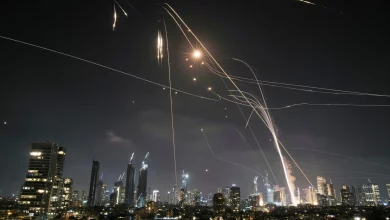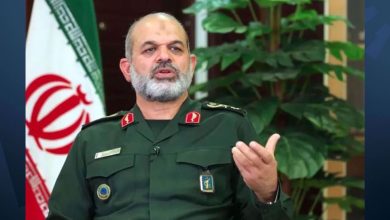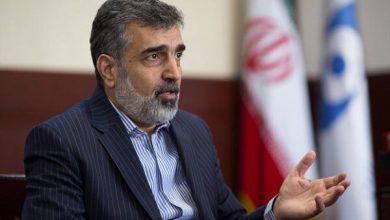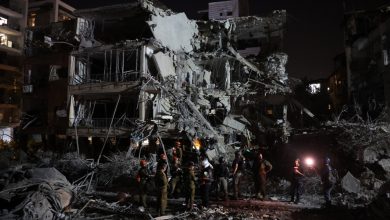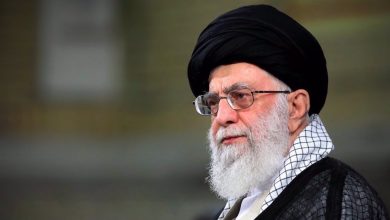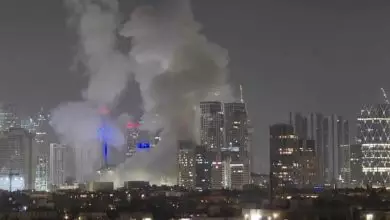The Parachinar incident is unrelated to sectarian tensions
A Pakistani lawmaker has responded to the recent terrorist incident in Khyber Pakhtunkhwa province, firmly dismissing sectarianism as a factor in the acts of terrorism occurring in the Parachinar area.
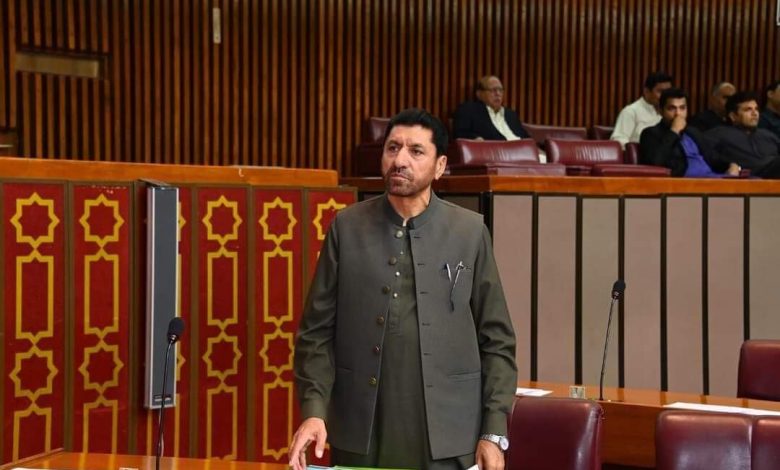
In a tragic incident on Friday, armed assailants attacked convoys of Shia pilgrims in northwestern Pakistan, resulting in the deaths of at least 42 individuals, as reported by officials in Khyber Pakhtunkhwa, a province known for its ongoing unrest.
According to police reports released on Friday, women and children were among those killed in the attacks that occurred in the Kurram tribal district on Thursday.
Since July, Kurram, a region adjacent to the Afghan border, has witnessed an intensification of sectarian violence between Shia and Sunni tribes linked to land disputes.
In the Kurram region, armed assailants launched attacks on two convoys of Shia pilgrims, each accompanied by police escorts.
In the aftermath of the recent terrorist attack, Mehr News Agency conducted an interview with Hamid Hussain, a Parliament member representing the city of Parachinar, Pakistan.
Hamid Hussain reported that several months prior, a Sunni convoy was attacked by terrorists at the same location, resulting in the martyrdom of over 30 Sunni individuals.
Following the recent reopening of the Peshawar-Parachinar route, negotiations between Parachinar residents and Pakistani security and government entities have culminated in an agreement for locals to travel along this road in a military-escorted convoy, sources report.
A convoy en route to Peshawar, comprising both private and public vehicles and escorted by numerous security personnel, came under attack by terrorists. The assault resulted in over 43 fatalities and numerous injuries among the passengers. Notably, the security officers accompanying the convoy emerged unscathed.
Hussain raised concerns regarding the apparent inaction of those responsible for safeguarding passengers, questioning why they faced no repercussions while numerous civilians were killed and injured.
Addressing the issue of ensuring safety for travelers on this road, particularly for Shiites, the spokesperson emphasized that the primary step is to eliminate terrorist threats along the route and its vicinity. He further noted that once security in the area is firmly established, the presence of security forces to escort travelers would no longer be necessary.
Discussing the elements contributing to recent terrorist attacks, Hussain dismissed the notion that the alleged Shia-Sunni sectarian conflict is the primary issue in the area. Instead, he suggested the involvement of an external force with undisclosed objectives, indicating that there are other factors at play in these crimes.
According to media reports, recent clashes in Parachinar have been attributed to a dispute over land ownership. A Pakistani parliament member highlighted that, among the various border regions, the Kurram area—home to both Shiite and Sunni communities—is the only location that possesses documented land ownership.
He stated that if the government or security agencies so desired, they could address and resolve the issue within a day, given that all requisite documentation is already accessible. He further noted that the conflicts in Parachinar are not based on land ownership disputes but rather stem from certain forces that appear intent on perpetuating the unrest.
Hussain has expressed a lack of confidence in the army and security forces tasked with public protection under the government’s mandate, stating their ineffectiveness. He has called for local Shia and Sunni youth forces to expel these security personnel from Parachinar.
He stressed the importance of unity and cohesion among Muslims as the key to resolving challenges, highlighting that the Shia and Sunni communities in Parachinar must recognize the existence of external forces that are instigating tensions between them for ulterior motives.
He emphasized the importance of unity and awareness of international and domestic forces, identifying these as crucial elements in countering the primary adversaries for the sake of collective salvation.

